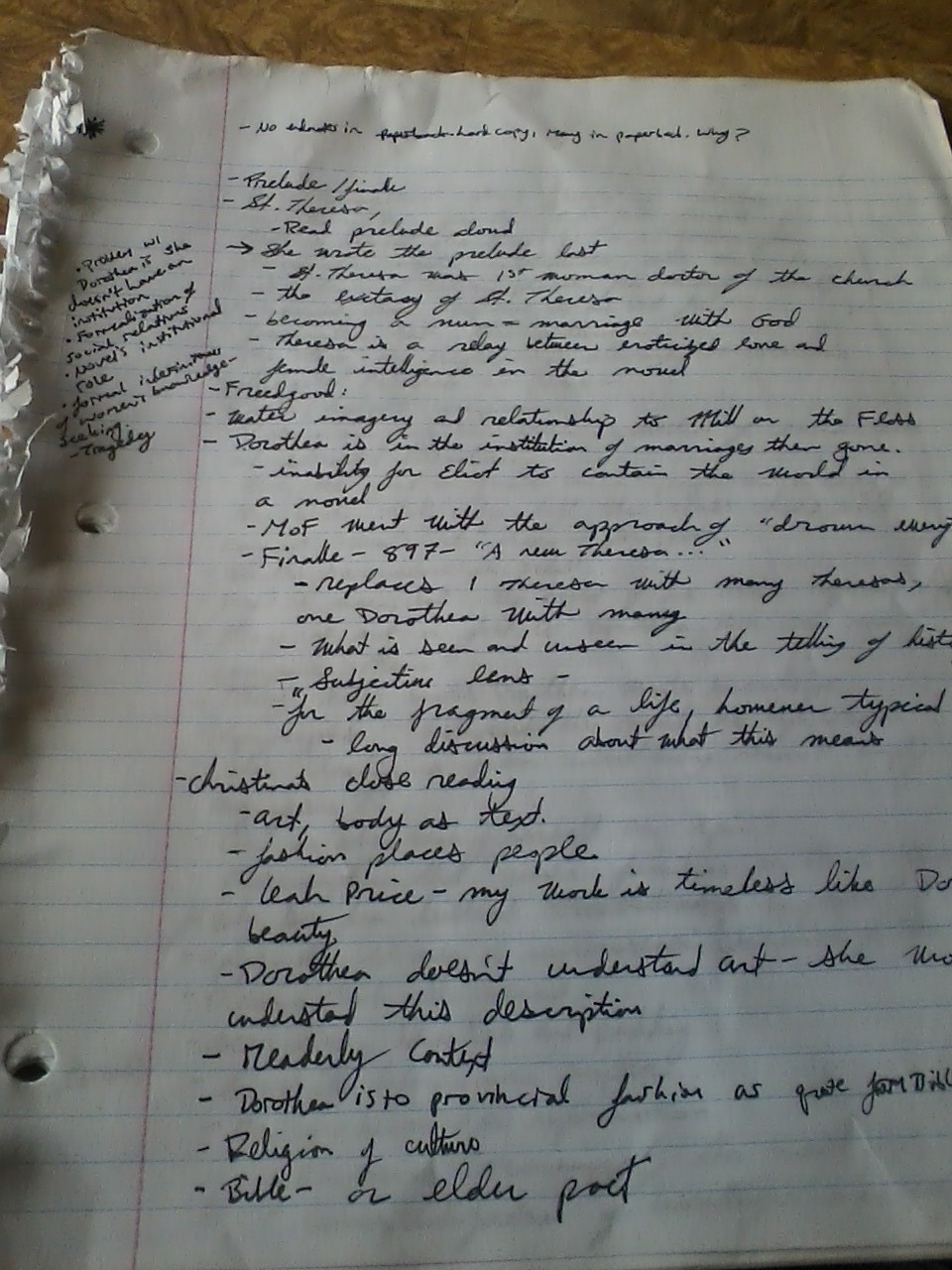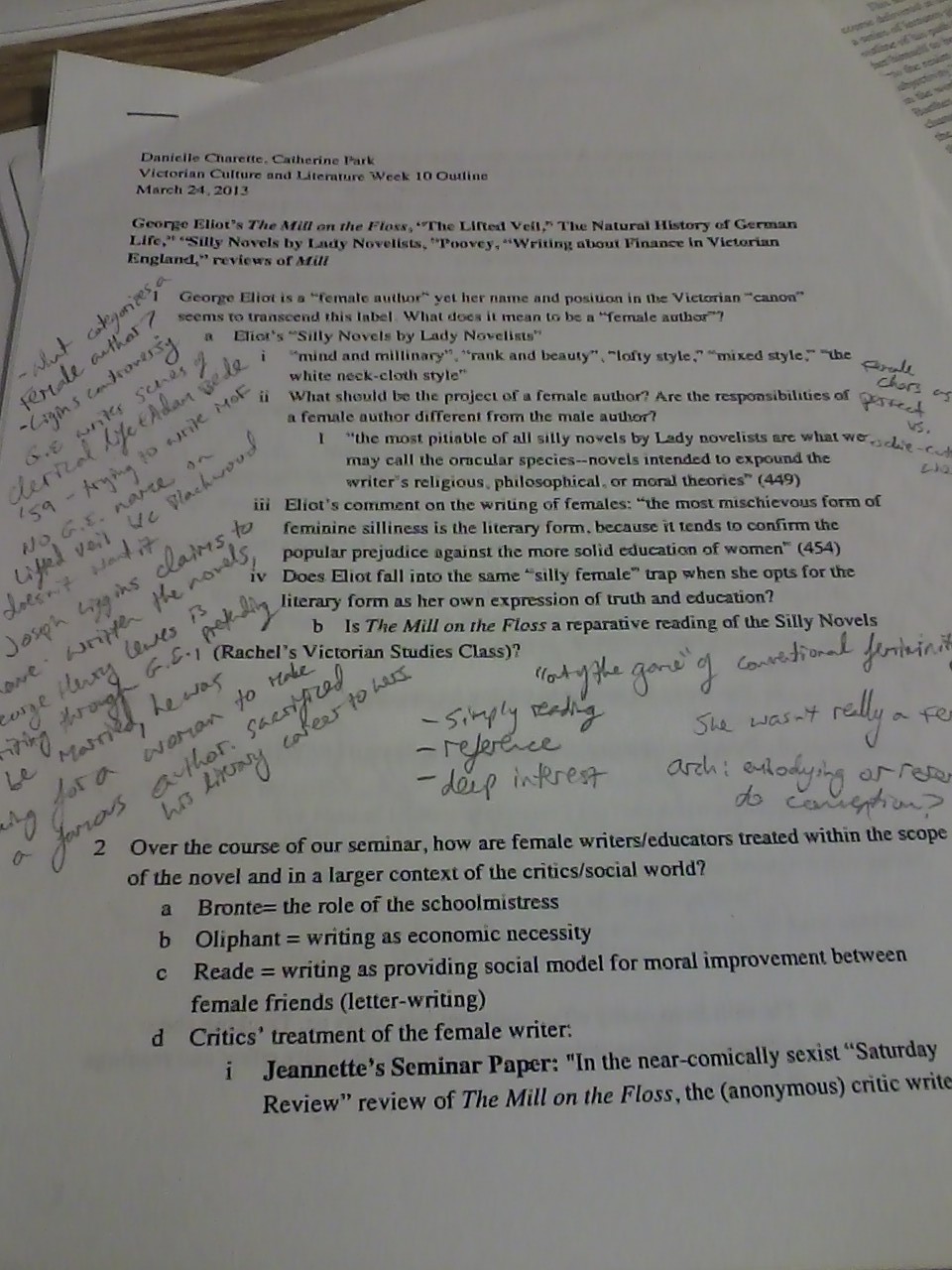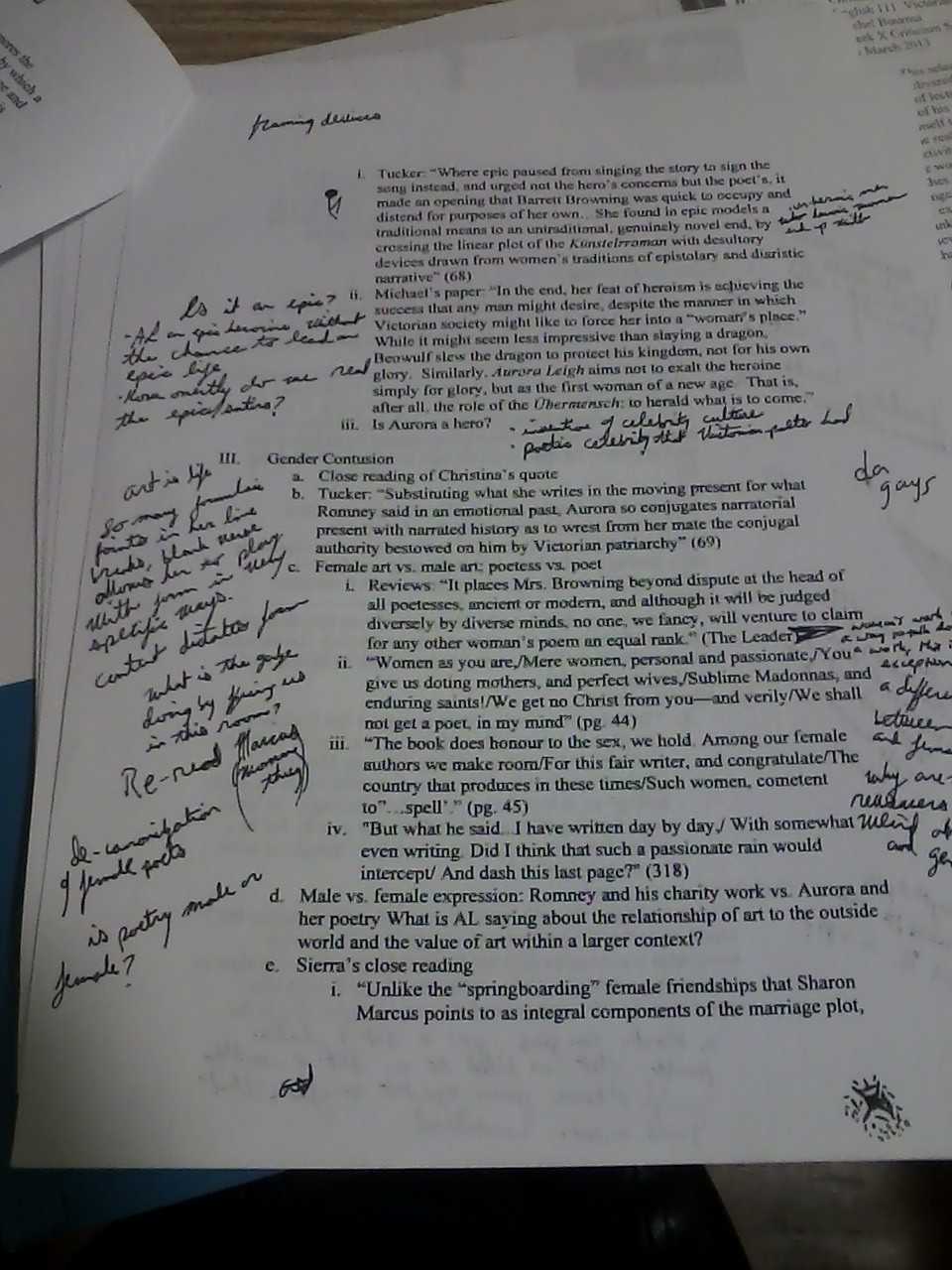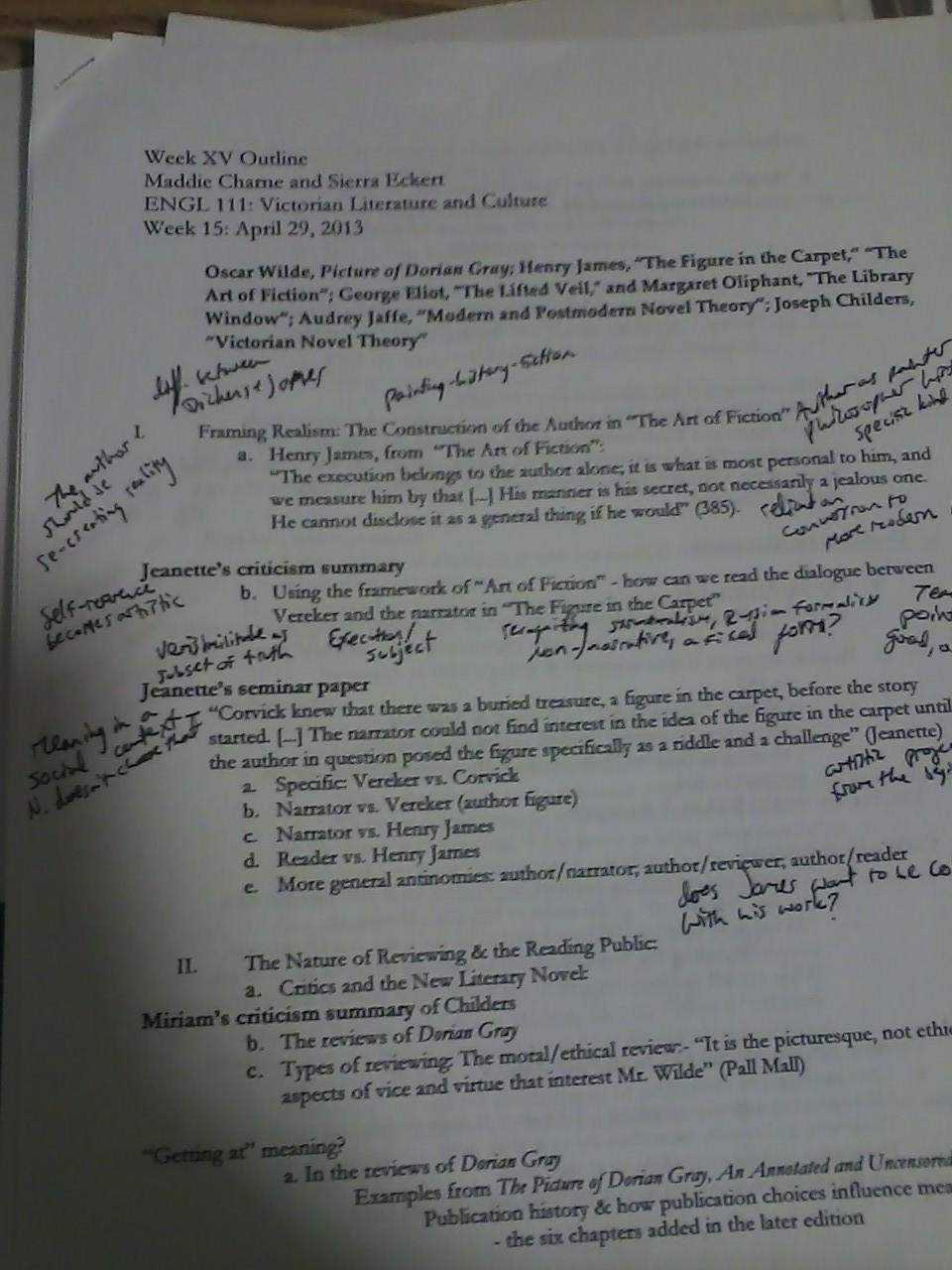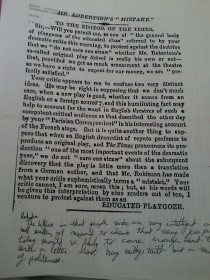Posts Tagged 'Jeannette'
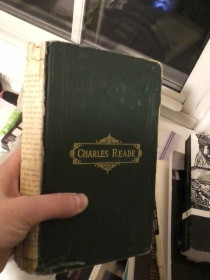
Notes on Reade Visit
Note: huge difference between how he himself writes on the cards and what they look like when the secretary copies them afterwards. Secretary’s is neater, with sections spaced out by straight double-lines in purple ink. Why purple? Did he use

Notes on Reade Visit
Note: huge difference between how he himself writes on the cards and what they look like when the secretary copies them afterwards. Secretary’s is neater, with sections spaced out by straight double-lines in purple ink. Why purple? Did he use
Week 4
Cathy’s paper: What happens when the narrator in question is supposedly representing the actual story of the author, not ‘fiction?’ Is the authorial intent still relevant in interpreting the work? Reading Oliphant’s autobiography, a reader is presented with numerous instances that seem to question the supposed divide between the author and the narrator or internal evidence versus external evidence.
Week 4
Cathy’s paper: What happens when the narrator in question is supposedly representing the actual story of the author, not ‘fiction?’ Is the authorial intent still relevant in interpreting the work? Reading Oliphant’s autobiography, a reader is presented with numerous instances that seem to question the supposed divide between the author and the narrator or internal evidence versus external evidence.
Week 3
Without even realizing it, we amble like Ursula around campus or in the city, surrounded by sensation (‘reality’) yet caught up in those “castles in the air” which, for Victorian novelists like Trollope and Oliphant, are at once the birthplace and reification of the realist narrative. This concern for the practical effects of realism on our everyday experience and even our identity construction still pervades much of our lives but, like Ursula, we frequently overlook it. The reading of Victorian realist novels can help re-sensitize us to this narrative mode which has become so essential to how we internally negotiate our own experience. (Alison’s Week 3 seminar paper.)
Week 3
Without even realizing it, we amble like Ursula around campus or in the city, surrounded by sensation (‘reality’) yet caught up in those “castles in the air” which, for Victorian novelists like Trollope and Oliphant, are at once the birthplace and reification of the realist narrative. This concern for the practical effects of realism on our everyday experience and even our identity construction still pervades much of our lives but, like Ursula, we frequently overlook it. The reading of Victorian realist novels can help re-sensitize us to this narrative mode which has become so essential to how we internally negotiate our own experience. (Alison’s Week 3 seminar paper.)
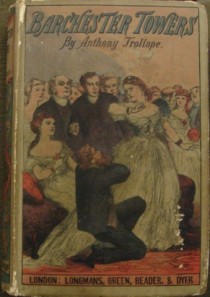
Week 2
“When I read Trollope, it is all I can do not to be bored. All I can do, because Trollope always seems a little bored himself.” (Miller, Chapter 4, p.145)

